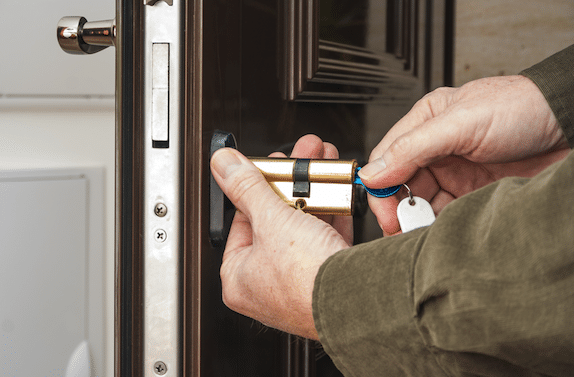Are you thinking about how often should you wash your makeup brushes and sponges? Then, we will tell you the ways to do it.
Many tasks related to beauty are ones that people find themselves repeatedly putting off. Cleaning makeup brushes is probably right up there with organizing the bathroom junk drawer and eyebrow plucking on that list.
However, given that they are frequently applied to the sensitive facial skin, it might be time to move this task up your list of priorities.
In this article, we will discuss how often you should wash your makeup brushes and sponges, along with some helpful tips for proper maintenance.
Also Read:- How Often Should You Wash Curly Hair
Significance of Cleaning Your Makeup Brushes and Sponges
Source: hips.hearstapps.com
Cleaning your makeup brushes and sponges is very necessary for various reasons:-
- Hygiene:- Makeup brushes and sponges come directly into contact with your skin, which means you have to clean them properly. If they are not properly cleaned, they can harbor bacteria, oil and dead skin cells, which may lead to skin irritation.
- Performance:- If you don’t clean your makeup brushes and sponges on a regular basis, then makeup residue and oil buildup can affect their performance.
- Product Contamination:- Never use makeup brushes and sponges without cleaning them because the residue from previous applications can mix with new products altering their color and texture.
We’ve also covered a post on a similar blog topic, which you can find here:- How Often Should You Wash Your Comforter .
Factors to Determine When Determining the Frequency of Cleaning
Source: pamper.my
- Frequency of Use:- You need to clean your makeup brushes and sponges on a regular basis if you use makeup brushes and sponges daily.
- Product type:- Products like foundation or concealer are more likely to leave residue on brushes and sponges. If you regularly use creamy products, you should clean the brushes and sponges regularly.
- Skin Condition:- You should clean your makeup brushes and sponges regularly if you have sensitive skin to prevent bacterial transfer.
If you’re interested in reading about more such similar blog posts, then read our article on:- How Often Should You Wash Your Dog .
How Often You Should Clean Your Makeup Brushes?
You might be shocked to learn that brushes used often with liquid formulae like concealer should actually only be washed once per week.
Once every two weeks is best for cleaning other brushes used for eye shadow and powder blush. Hence, you should regularly clean your makeup brushes and sponges to maintain their cleanliness and performance.
How Often You Should Clean Your Makeup Sponges?
Makeup Sponges absorb an important amount of product during application. After cleaning, some people advise placing sponges in the microwave for a little period of time to help kill bacteria. When you do this, make sure it is wet.
Proper Techniques For Cleaning Makeup Brushes
You need a different approach to clean makeup brushes. These are the proper techniques for cleaning makeup brushes:-
- Wet the bristles with lukewarm water, avoid wetting the handle.
- Apply a small amount of soap or shampoo to your palm.
- Once your brushes are completely coated and cleaned, massage them into the soapy liquid.
- Squeeze off any extra water after rinsing with warm water.
- Brushes should be laid out flat on a counter with the head protruding over the edge and dangling in mid-air. This makes it easier for it to dry into its natural shape.
Proper Techniques For Cleaning Makeup Sponges
You have to follow these techniques to clean makeup sponges:-
- Wet the sponge with water and squeeze out any excess.
- Apply shampoo directly to the sponge.
- Gently massage the sponge to create a lather.
- Rinse the sponge under running water until the water runs clear and no soap residue remains.
- Squeeze out any excess water.
Conclusion
If you want to optimize the performance of your makeup brushes and sponges, then it is very important for you to clean them on a regular basis.
You can follow the recommended cleaning frequencies and proper techniques to clean them given above.
If you find this article helpful, be sure to read our other blog posts on:-


